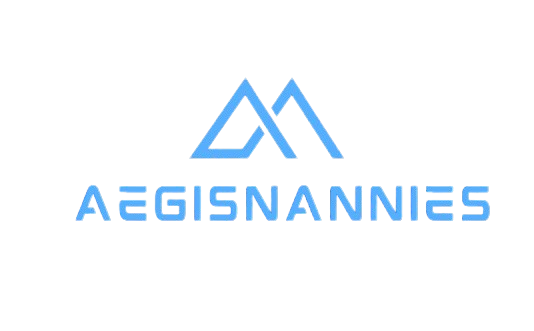In an era where identification and security are paramount, custom ID cards have transcended their traditional roles, becoming essential tools that blend functionality with branding, security, and personalization. Gone are the days when ID cards were limited to a simple name and photo. Today, they are dynamic assets used across a broad range of sectors, from corporate environments to educational institutions, healthcare systems, events, and even private clubs.

The shift toward customized ID cards is driven by a need for more secure and efficient identification systems. Organizations increasingly require cards that serve more than one purpose. Whether it’s integrating RFID for access control, embedding magnetic stripes for time tracking, or including barcodes for inventory and scanning systems, the customization possibilities are vast. Each modification adds a layer of utility that enhances operational efficiency while maintaining a high level of security.
Design plays a vital role in the creation of custom ID cards. Beyond the basic functional elements, a well-designed ID card can reflect an organization’s values and identity. It acts as a wearable brand ambassador. Colors, fonts, logos, and even holographic overlays are used not only to ensure authenticity but also to maintain a consistent visual standard throughout an organization. In industries where visual presence is crucial, such as hospitality or retail, a sleek, well-designed card contributes to the professionalism and polish of the staff.
For educational institutions, custom ID cards have become essential. They not only serve as student or staff identification but also function as library cards, payment cards in cafeterias, and access cards to restricted areas. These multi-purpose uses highlight how custom ID solutions reduce the need for multiple cards, offering a streamlined experience for both users and administrators. In schools and universities, where managing thousands of individuals is a daily task, such efficiency is invaluable.
Event organizers, too, have found value in custom id cards. Conferences, conventions, and festivals benefit from personalized badges that help with crowd control, access levels, and networking. For large-scale events, these cards can be embedded with QR codes or NFC chips that facilitate seamless check-ins and provide valuable analytics on attendee movement and behavior. This data can later be used to improve planning and execution in future events.
Healthcare systems are another arena where the importance of custom ID cards cannot be overstated. Patient ID cards often include essential information such as allergies, medications, and emergency contact details, offering healthcare professionals immediate access to critical data. Staff IDs, meanwhile, often double as keycards and help maintain a secure environment by ensuring that only authorized personnel can access certain areas.
The evolution of ID cards into fully customized tools has significantly enhanced the ability of organizations to manage identification, security, and workflow. With advancements in digital printing and smart card technologies, custom ID cards have become a staple of modern operations, serving not only to identify but also to authenticate, control access, track movement, and support branding efforts.

